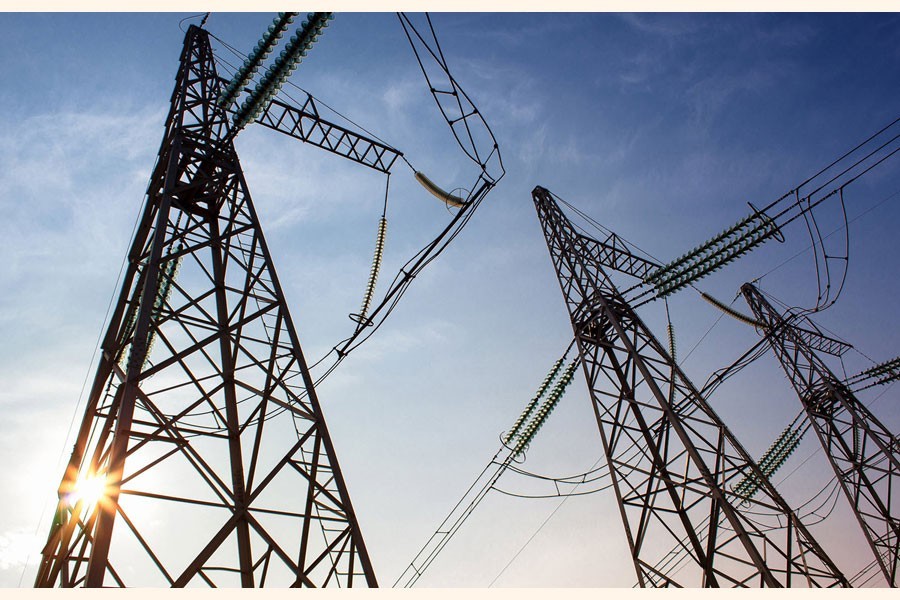As part of addressing the ongoing gas supply crunch in the country, speakers including experts at a recently-held webinar in the city suggested cutting gas connections set up illegally. Notably, many commercial and industrial units have been resorting to stealing gas from the supply line through various illegal means including meter-tampering and establishing connections with the main pipeline. So, in order to stop such evil practice, the recommended clampdown on the gas 'rackets' is eminently well-advised. By adopting such a measure, between 250 and 300 million cubic feet per day (mmcfd) of gas could be saved annually from being wasted, the experts maintained. This is, of course, one of the ways to check gas pilferage since by applying this option the present system loss at 10 per cent could be reduced to 2.0 per cent.
Thus dependence on imported LNG could be markedly reduced and the power plants and industries facing acute gas shortage would benefit from the gas thus saved. However, disconnecting gas lines of users who fail to pay their bills or shutting off the illegal ones is already in practice, though resorted to in fits and starts. So, the success of the measure, if applied systematically on a wider scale, would depend to a great extent on the efficiency, integrity and will of the government agency responsible for implementing it at the field level. Gas being the primary fuel to generate power as well as run some gas-based industrial and commercial units including firing ovens at homes, its current supply crunch is obviously an issue that relates to the nation's energy security. This is why efforts are underway to save gas, stop pilferage and switch to alternatives like fossil fuels including oils, coal, liquefied natural gas as well as renewable energy.
But when it comes to oils and LNG, those have to be imported from the global market. To get around the problem, Bangladesh will be required to look for ways to attain some degree of self-sufficiency in fuel through developing the existing gas and oil wells as well as exploring new ones both onshore and offshore. However, as viewed by experts and those representing the government at the webinar, there is actually no guarantee that such exploratory efforts would come up with any success. For after a decade of drilling some 50 wells, not a single one could reportedly produce any gas. This brings us again to the expensive option of going for fuel imports and, to that end, the government is also learnt to be building the required infrastructure to facilitate its import, storage and onward supply. So far as renewable options from nuclear sources are concerned, the first unit of the Rooppur Nuclear Power Plant is, as reported, set to go into production soon.
Admittedly, to keep the power plants, other industries or the entire economy, for that matter, functioning, these expensive options are unavoidable. But one needs also to keep in mind the current state of the country's foreign exchange reserve which is under stress to meet the rising import bills. In that case, the policymakers will have to exercise extreme caution while going for such highly expensive import-based options. Finally, to ensure energy security, a long-term strategy should be in place. That should include efficient use of energy as well as building the country's own capacity to produce energy both of the conventional and the renewable types.


